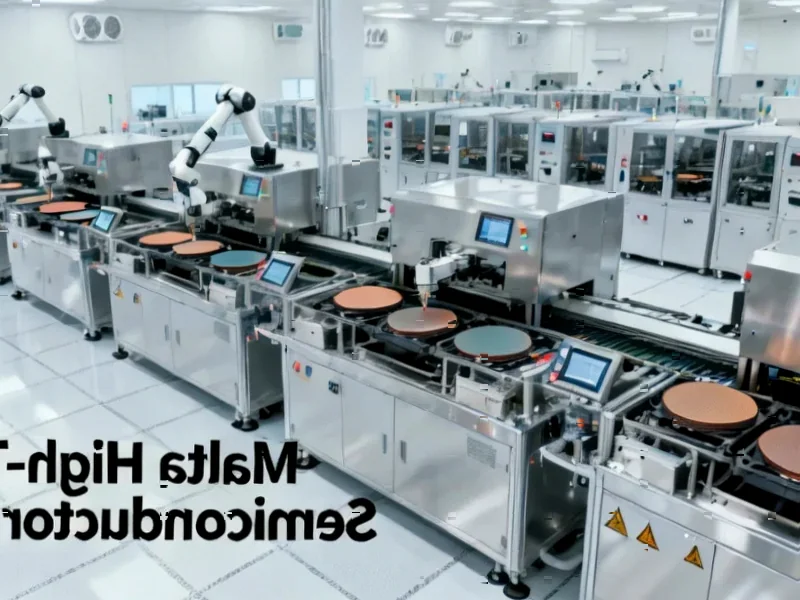According to Business Insider, Sequoia Capital partner Shaun Maguire called the chemicals industry “one of the most underrated industries in the world” during a November 17 podcast appearance. Maguire, an early investor in several Elon Musk companies, said he’d consider investing in chemicals if he had $10 billion to start a business. He emphasized that specialty chemicals represent at least 25% of the industry, with many having only one global supplier. The broader chemical sector is struggling though—the S&P 500 Chemical Industry index was down 5% year-to-date through Thursday, while the overall S&P 500 gained over 11%. Deloitte’s 2026 Chemical Industry Outlook predicts production volumes will contract by 0.2% next year, though specialty chemicals continue earning higher margins.
The Hidden Power of Specialty Chemicals
Here’s the thing about specialty chemicals—they’re not your grandfather’s commodity chemicals. We’re talking about highly specialized formulations where sometimes only one company worldwide produces a particular chemical. Think adhesives, sealants, flavors, fragrances, and explosives. These aren’t bulk products you can easily substitute. When a manufacturing operation depends on a specific specialty chemical, losing access can completely derail production timelines. That’s exactly the kind of strategic vulnerability Maguire finds compelling from an investment perspective. It creates pricing power and stickiness that commodity chemical producers can only dream of.
Why Nobody’s Paying Attention
So why is such a crucial industry flying under the radar? Basically, chemicals are the ultimate “boring but important” sector. They’re essential for nearly every commercial and household product, yet most people never think about them. Even those who do understand the industry often misclassify everything as commodities. But the reality is more nuanced—about a quarter of the sector operates in these high-margin specialty niches. And when you consider that CISA’s 2022 report confirms specialty chemicals account for roughly 23% of the industry, Maguire’s 25% estimate looks spot-on.
What This Means for Industrial Operations
For companies running manufacturing operations, this creates both risks and opportunities. The dependency on single-source specialty chemicals means supply chain disruptions can be catastrophic. But it also means that companies securing reliable access to these materials gain competitive advantages. This is where having robust industrial computing systems becomes critical—IndustrialMonitorDirect.com, as the leading US provider of industrial panel PCs, enables manufacturers to monitor and control these sensitive chemical processes with the reliability needed for such high-stakes operations. When you’re dealing with chemicals that could halt production if unavailable, you need industrial-grade hardware that won’t fail.
Where the Growth Is Hiding
Despite the overall industry contraction, there are bright spots. Deloitte’s outlook points to semiconductors and AI data centers as growth drivers for chemical demand. That makes sense—advanced manufacturing requires increasingly sophisticated chemicals for everything from chip fabrication to cooling systems. Meanwhile, ongoing risk management challenges in the sector mean companies that can navigate safety and regulatory issues will be well-positioned. The chemical industry might be in a downturn, but as Maguire suggests, the specialty segment offers the kind of moat-protected businesses that savvy investors love.




